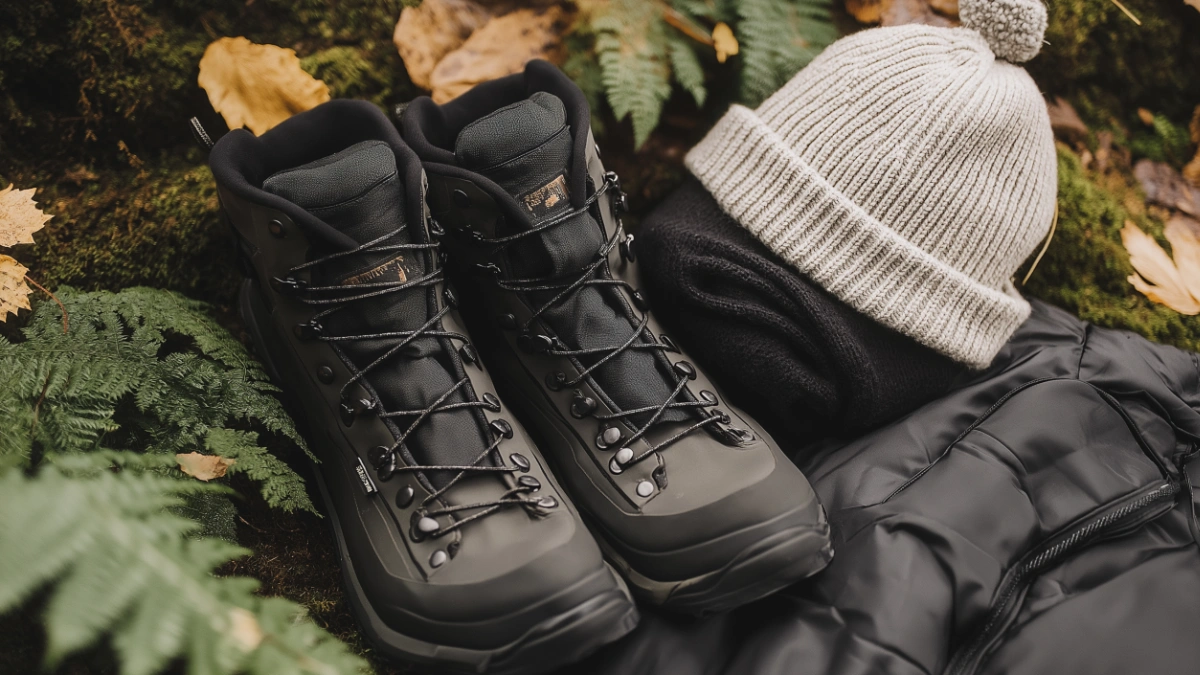Alaska Travel Essentials: What to Pack, Expect, and Explore Before You Go
Table of Contents
Alaska’s untamed beauty is unlike any other place in the U.S.—towering glaciers, majestic wildlife, and rugged mountain ranges stretch as far as the eye can see. But traveling to the Last Frontier isn’t like hopping to a weekend destination. Alaska’s remote charm comes with unique logistical, climate, and packing considerations.
Whether you’re dreaming of dog sledding in the snow, cruising past glaciers, or spotting moose on a mountain hike, preparation is key. From gear and clothing to weather shifts and transportation quirks, this guide will help you feel ready for an epic Alaskan adventure.
In this post, we’ll cover everything you need to know before you go—what to pack, what to expect, and what makes Alaska truly magical. Think of it as your all-in-one Alaska travel cheat sheet, with a side of style and smart planning.
Layering for the Last Frontier: What to Wear in Alaska Year-Round
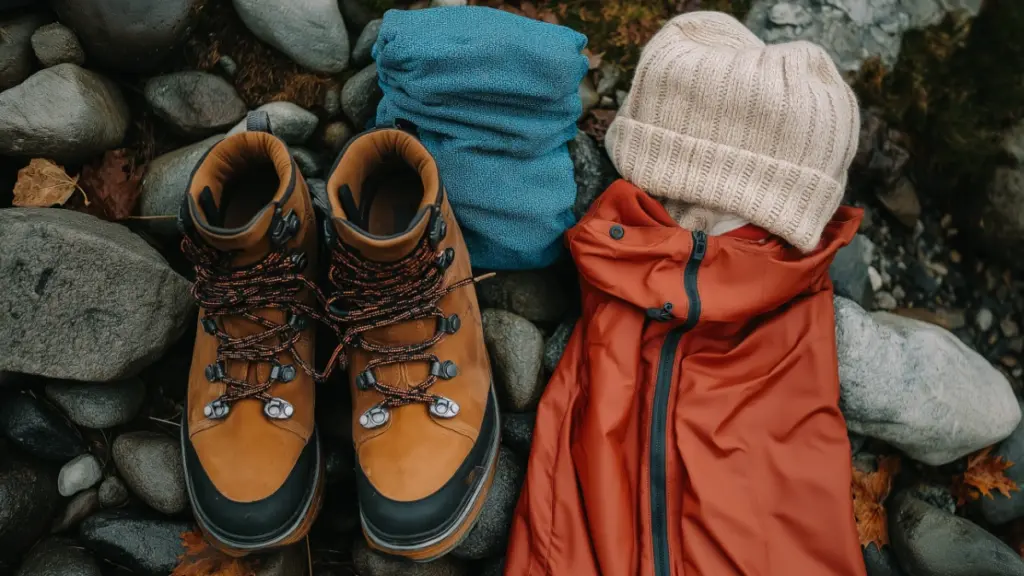
- Weather varies widely—even in summer, mornings can be chilly and evenings damp.
- Base layers (merino wool), insulated jackets, and waterproof outerwear are essentials.
- Don’t forget gloves, hats, and scarves—even in June!
- Choose moisture-wicking, packable clothing that dries quickly.
- Opt for hiking boots with ankle support and waterproof soles.
Table: Seasonal Alaska Clothing Checklist
| Season | Must-Have Items |
|---|---|
| Summer | Rain jacket, fleece, hiking pants |
| Fall | Insulated jacket, beanie, gloves |
| Winter | Thermal base layers, snow boots, parka |
| Spring | Light jacket, waterproof boots, layers |
Essential Gear and Accessories for Alaskan Adventures
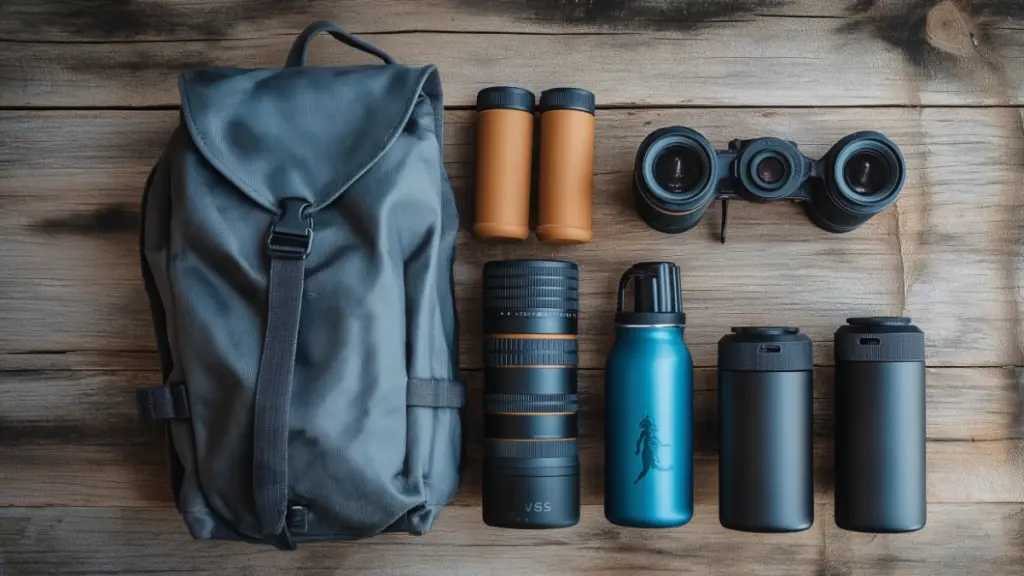
- Binoculars for wildlife viewing (bald eagles, whales, bears).
- Daypacks with hydration sleeves for long hikes or glacier tours.
- Reusable water bottles, sunscreen, and bug spray (yes—even in Alaska!).
- Camera with extra batteries—many areas are too beautiful for just phone shots.
- Compact travel towel, flashlight, and basic first aid kit.
Table: Alaska Gear Essentials
| Item | Reason for Packing |
|---|---|
| Binoculars | Bird and wildlife watching |
| Bug spray | Mosquitos are prevalent in summer months |
| Reusable bottle | Stay hydrated during hikes and tours |
| Camera + SD cards | Capture once-in-a-lifetime moments |
Understanding the Terrain: Alaska’s Vast and Varied Landscape
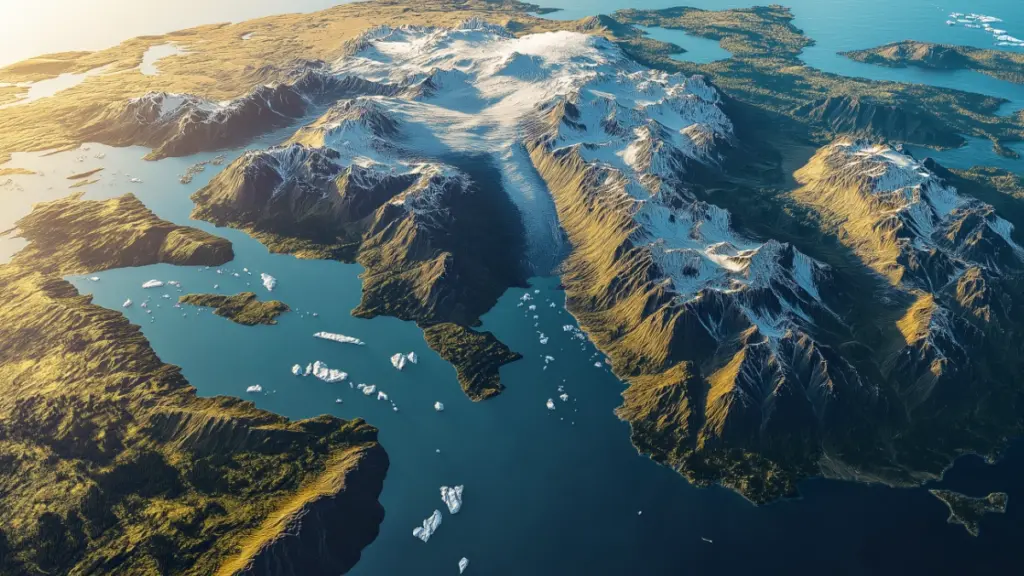
- Alaska has five main regions: Interior, Southcentral, Southeast, Southwest, and Far North.
- Expect everything from coastal rainforests to tundra to snow-covered peaks.
- Travel distances are long—plan rest stops and don’t rely on cell service.
- Many towns are only accessible by boat or small aircraft.
- Dress and pack based on the region(s) you’re visiting.
Table: Regional Landscape Guide
| Region | Terrain Features | Travel Tip |
|---|---|---|
| Interior | Boreal forests, tundra, hot summers | Bring bug repellent, prep for extremes |
| Southcentral | Glaciers, mountains, coastline | Great for cruises and wildlife tours |
| Southeast | Rainforests, fjords, islands | Waterproof everything! |
Cruising Alaska: Tips for Scenic Water Travel
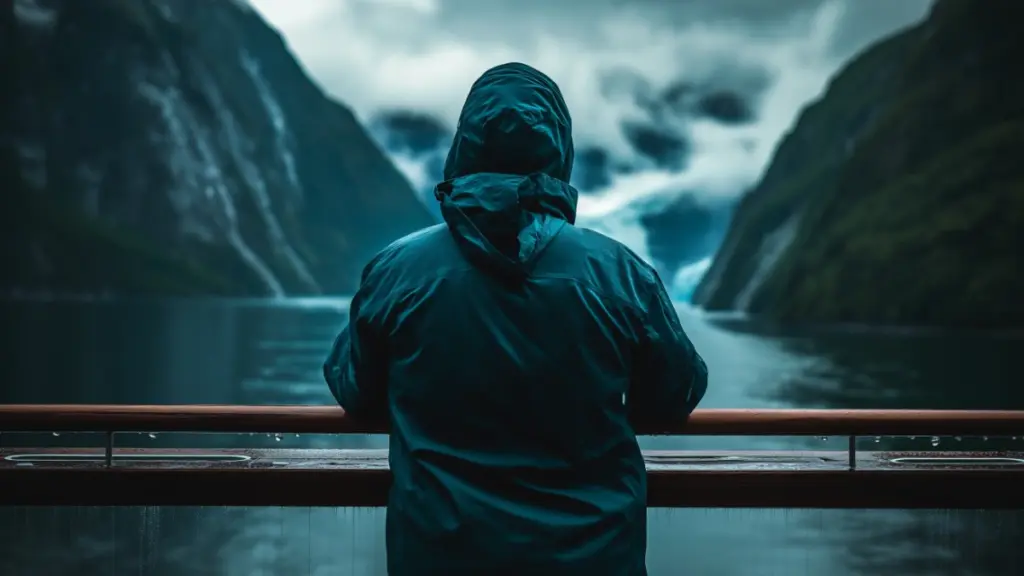
- Bring motion-sickness patches or bands if prone to seasickness.
- Cruise packing essentials: evening layers, windbreakers, formal dinner attire.
- Opt for excursions like glacier trekking, whale watching, or dog sledding.
- Book excursions in advance for popular ports like Juneau and Ketchikan.
- Balcony cabins are ideal for soaking in views from the comfort of your room.
Table: Cruise Essentials for Alaska
| Item | Why You’ll Need It |
|---|---|
| Windbreaker jacket | Cold ocean breezes on deck |
| Formal wear | Cruise dinners often require dressier attire |
| Excursion shoes | Waterproof and supportive for walking |
| Binoculars | Ideal for glacier and wildlife viewing |
Staying Connected and Safe in Remote Locations
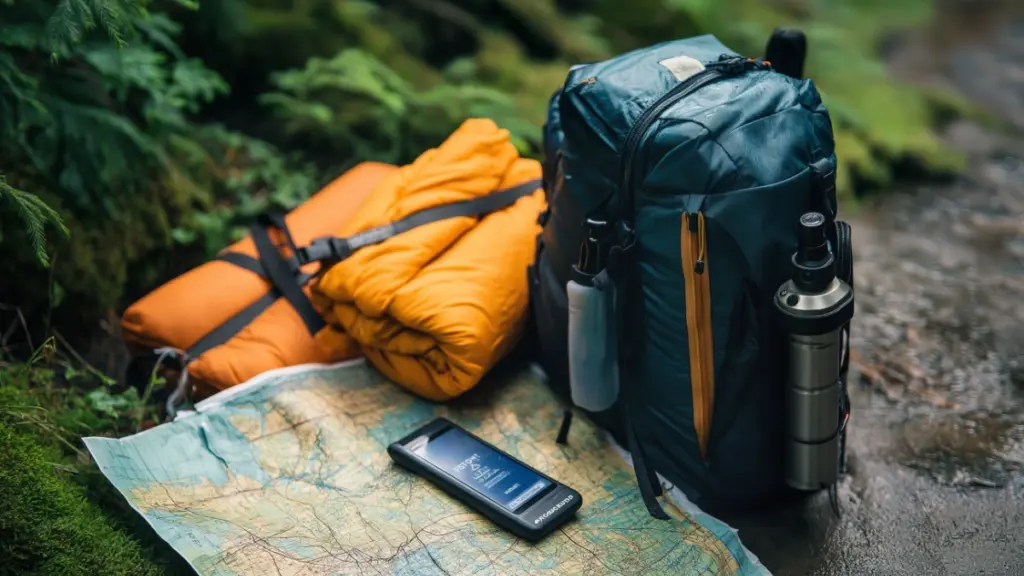
- Many parts of Alaska have no cell reception—download maps ahead of time.
- Carry paper maps, a compass, or GPS for longer road trips.
- Let someone know your itinerary if hiking or driving in remote areas.
- Emergency gear: satellite phone, headlamp, whistle, compact blanket.
- Pack snacks, extra water, and a power bank for remote travel.
Table: Remote Travel Safety Checklist
| Item | Use Case |
|---|---|
| Offline maps app | Navigation when there’s no signal |
| Satellite communicator | Emergency check-ins or SOS alerts |
| First aid kit | Cuts, stings, or altitude-related issues |
Wildlife Encounters: Be Bear Aware and Respect Nature
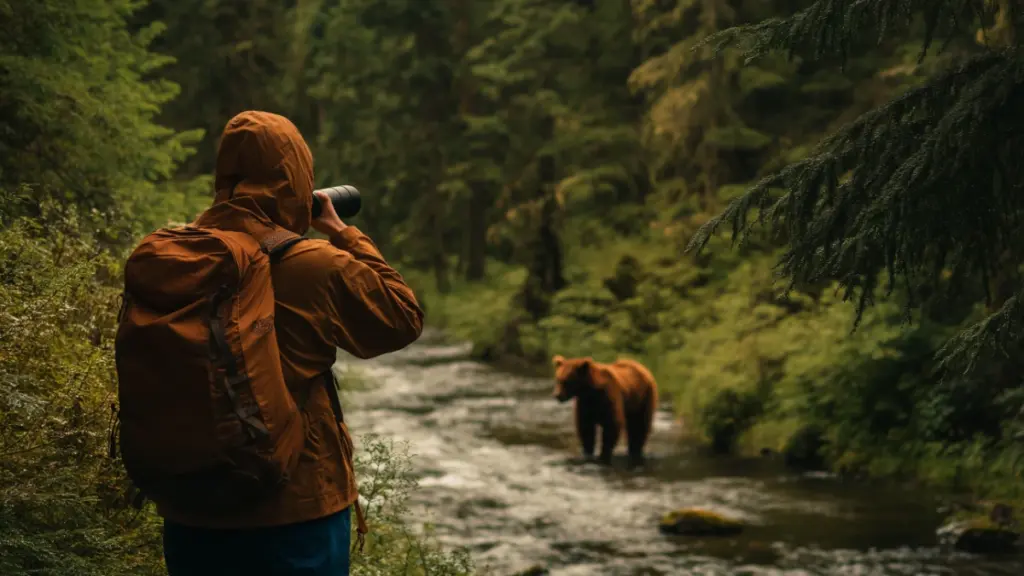
- Keep at least 300 feet from bears—use zoom lenses for photos.
- Carry bear spray if hiking in national parks or backcountry.
- Never leave food unattended—use bear-proof containers or lockers.
- Moose are large and can be aggressive—give them space.
- Join guided wildlife tours for safe, educational experiences.
Table: Wildlife Safety Guide
| Animal | Distance Rule | Behavior Tip |
|---|---|---|
| Bear | 300+ feet | Make noise on trails, carry spray |
| Moose | 50+ feet | Don’t block their path |
| Bald Eagle | Watch from afar | Use zoom camera lenses |
Local Culture and Etiquette: What Visitors Should Know
- Alaskans value privacy and self-reliance—respect space and pace.
- Tipping: Standard U.S. rates (15–20%) apply in restaurants and tours.
- Gifting local: Consider supporting artisans by buying handmade goods.
- Indigenous culture is a key part of Alaska—learn and honor respectfully.
- Many towns have quirky customs and festivals—embrace the uniqueness!
Table: Cultural Tips for Alaska Travel
| Topic | Etiquette Tip |
|---|---|
| Small towns | Greet people politely; avoid loud groups |
| Indigenous events | Ask before photographing ceremonies |
| Local shopping | Buy handmade rather than mass-produced |
Detailed Content Expansion
Layering for the Last Frontier: What to Wear in Alaska Year-Round
Alaska’s unpredictable weather is part of its wild charm, but it requires strategic packing. Even in peak summer, temperatures can swing from 45°F in the morning to 70°F by midday, with rain clouds rolling in just as fast.
Start with a moisture-wicking base layer made of merino wool or technical fabric. Over that, add an insulating fleece or puffer jacket, and finish with a waterproof shell to block rain and wind. In colder months or for glacier excursions, thermal pants and down parkas become non-negotiable.
Don’t underestimate accessories: a good pair of gloves, a wool beanie, and a neck gaiter can make the difference between comfortable and miserable. For shoes, waterproof hiking boots with solid ankle support are a must—even in urban areas, unexpected trails or icy sidewalks can appear.
| Alaska Travel Wardrobe | Key Items |
|---|---|
| Base layers | Merino wool long sleeve + leggings |
| Outerwear | Waterproof shell + insulated jacket |
| Footwear | Waterproof hiking boots |
| Accessories | Gloves, scarf, beanie |
Pack smart by choosing versatile pieces that layer well and can be re-worn in different combinations throughout your trip.
Cruising Alaska: Tips for Scenic Water Travel
Cruising through Alaska’s Inside Passage is one of the most breathtaking ways to experience the state’s natural wonders. But don’t let the serene waters fool you—conditions on deck can get blustery and cold fast.
For days at sea, bring a windproof, water-resistant jacket, especially if you plan to spend time outdoors whale-watching or photographing glaciers. You’ll also want gloves and a hat for chilly evenings and early mornings.
Even if your cruise line offers onboard amenities, you’ll want to pack your own binoculars, camera, and walking shoes for shore excursions. Glacier walks, dog sledding experiences, and forest hikes all require proper gear—check with your cruise line or tour company in advance to prepare accordingly.
Most Alaska cruises also include formal dining nights, so don’t forget to bring a dressier outfit if you’re planning to attend. That said, cruise culture in Alaska is more relaxed than in tropical destinations—comfort and practicality come first.
| Cruise Daypack Essentials | Why It Matters |
|---|---|
| Compact windbreaker | Layering on deck |
| Camera with zoom lens | Glacier and wildlife photography |
| Reusable bottle | Stay hydrated while exploring ports |
| Non-slip shoes | Wet decks can be slippery |
A well-packed cruise bag ensures you enjoy the journey comfortably—without missing any magical moments.
Conclusion
Alaska isn’t just a place—it’s an experience. With its sweeping vistas, rich culture, and dynamic climate, every journey through the Last Frontier promises something unforgettable. By preparing with the right gear, understanding local etiquette, and embracing nature with respect, you’ll not only travel smart—you’ll travel inspired. Whether you’re cruising the coastline or exploring national parks, knowing what to bring and expect makes all the difference in creating a safe, stylish, and seamless Alaskan adventure.

